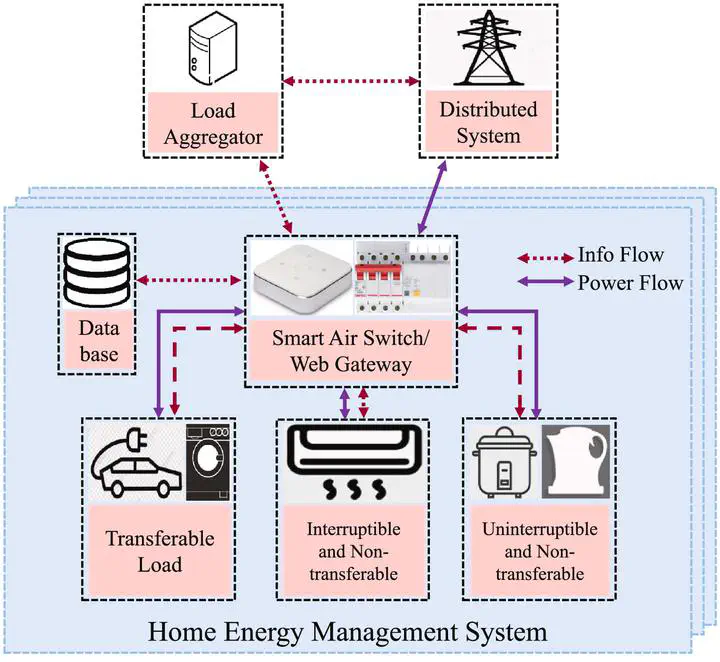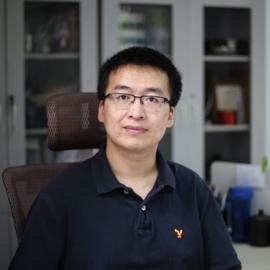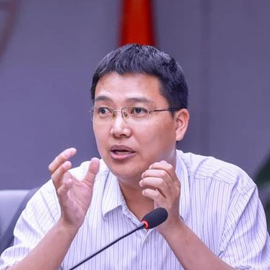摘要
The randomness, dispersion, and small capacity of residential load make it difficult to participate in incentive-based demand response. Meanwhile, the rapid development of Internet of things makes it possible to sense and regulate power-consuming behavior of most residents. Load aggregator (LA) has become a feasible scheme as an intermediate form in this situation. It improves the bargaining power of residential load in the market, making it change from price-taker to price-maker, to obtain more profit. However, privacy disclosure is the primary concern when residents directly communicate with LA. A distributed demand response (DR) approach for aggregated residential load is proposed to maximize the benefit of LA while preserving the privacy of residents. Based on a mixed-integer model, a two-layer framework between LA and residents is developed to solve the model above based on the sharing alternating direction method of multipliers. The privacy of residents is preserved by interacting insensitive information between the two layers. The proposed approach is deployed and tested in a real-world residential building with 27 apartments. The results demonstrate that this scheme can realize effective participation of large scale residential load in incentive-based DR on the premise of preserving privacy, which verifies the feasibility and effectiveness of the scheme.





